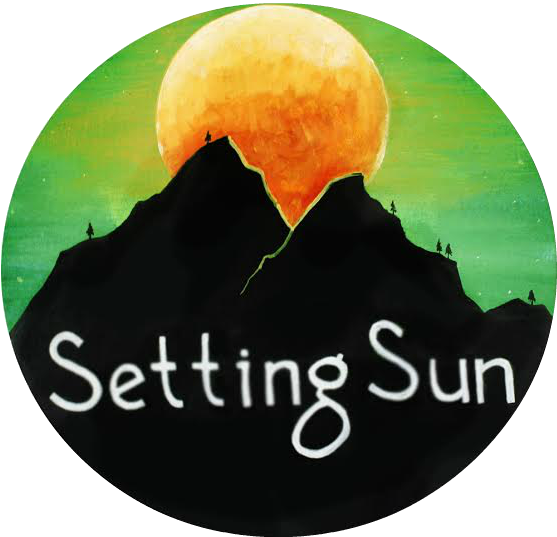The Mind/Body Paradigm Shift
Why is the notion of the mind reflecting the body and the body reflecting the mind so different from traditional and conventional ideas about therapy? My first thought is that Western scientism is stuck in the Newtonian-Cartesian paradigm, and struggles to break free this mode of thinking (Grof, 1985.) As Stanislav Grof (1985) mentions in his book, Beyond The Brain, the:
Newtonian-Cartesian science has created a very negative image of human beings, depicting them as biological machines driven by instinctual impulses of a bestial nature. It has no genuine recognition of higher values, such as spiritual awareness, feelings of love, aesthetic needs, or a sense of justice (p. 26).
With a culture and science that is very driven by mechanistic and material science, is there room for the mind and body to exist as one or influence one another? As Susan Aposhyan (2004) states, the conversation and debate between body and mind is very complex. Aposhyan (2004) quotes Roshi Suzuki by stating, “our body and mind are not two, and not one (1970, p.21)” (p. 12), which leaves us with more questions than answers. If the body and mind are not two, and not one, then does that just leave us with spirit? Zen philosophy, from my knowledge, hints towards that there is no separation between mind, body, spirit, and the universe. It is neither two, or one, it just simply is. It is all connected.
There have been many schools of thoughts and philosophies that have tried to integrate the mind, body, spirit connection into practice, but since science cannot prove some of these philosophies, they simply deny them. As Grof (1985) mentions:
Many open minded scientists and mental health professionals have been aware of the abysmal gap between contemporary psychology and psychiatry and the great or Oriental spiritual traditions, such as the various forms of yoga, Kashmir Shaivism, Tibetan Vajrayana Taoism, Zen Buddhism, Sufism, Kabbalah, or alchemy. The wealth of profound knowledge about the human psyche and consciousness accumulated within these systems over centuries, or even millennia, has not been adequately acknowledged, explored, and integrated by Western science (p. 27-28).
Many of the ancient practices and beliefs incorporated some aspect of the body and mind connection, but since Western science struggles to integrate them, the beliefs and ideas are dismissed. I do feel hopeful though that is changing. With newer technologies being developed and people becoming more interested in alternative philosophies and beliefs, I believe there will soon be room to incorporate these ideas. Grof (1985) mentions that there needs to be a paradigm shift if Western culture will start to accept some of these beliefs. We would need a radical paradigm shift like when physics took a “quantum” leap and broke free from some of the restraints of the current paradigm that modern medicine, psychology, and psychiatry fail break free from. I do believe we are in the midst of a shift in human consciousness and the future looks hopeful for integrating mind-body medicines.
References:
Aposhyan,S. (2004). Body-Mind Psychotherapy, New York, N.Y.:W.W. Norton & Company.



